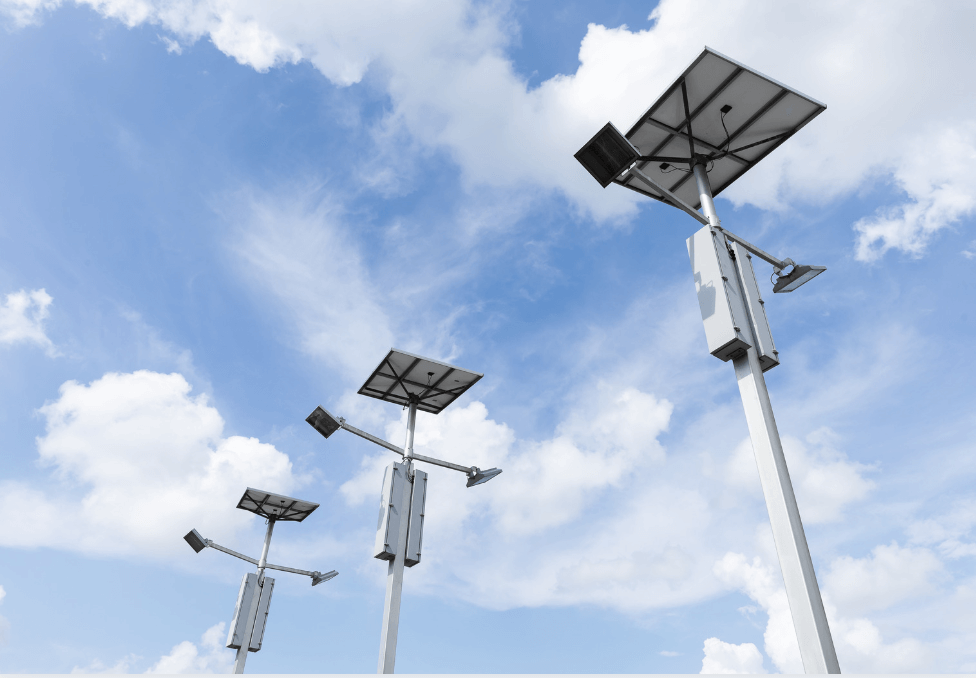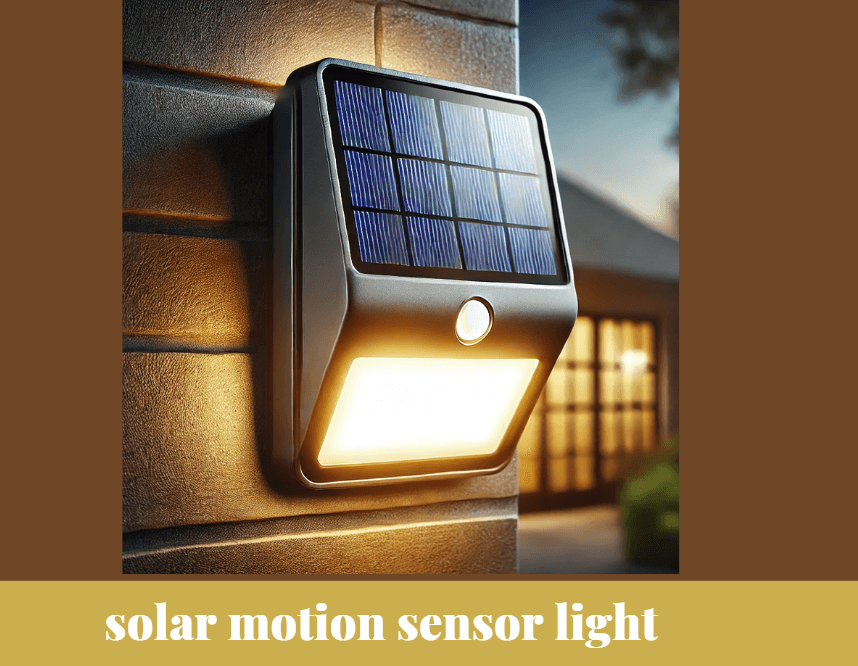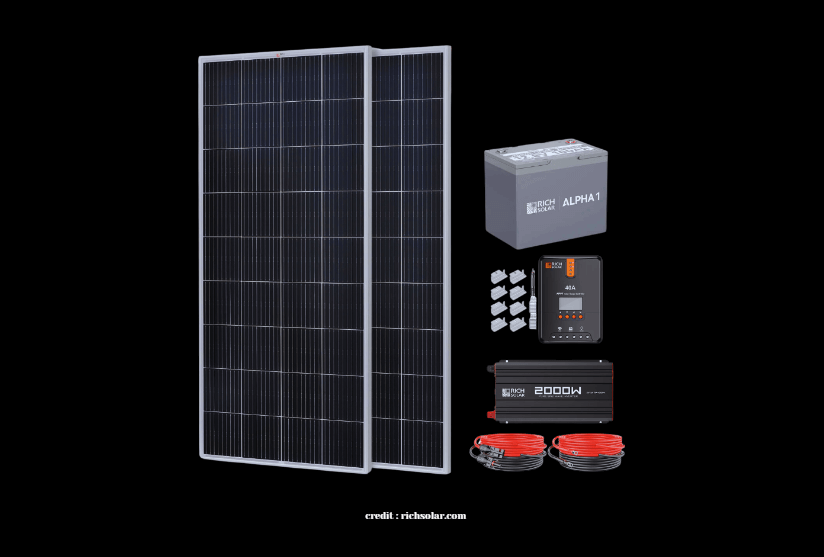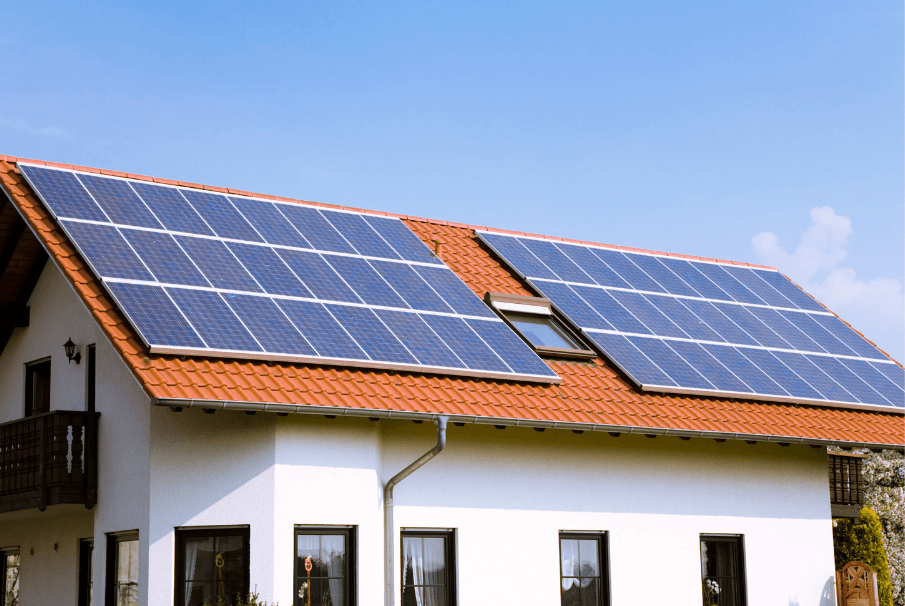
Whether you live in Texas or not, Texas, known for its wide open spaces, diverse climate and abundant sunshine, is quickly becoming a leader in solar energy adoption.
Moreover, homeowners across the state are increasingly considering solar panels as a way to save money, reduce their environmental impact and increase energy independence. Today we will discuss why solar panels are valuable in Texas.
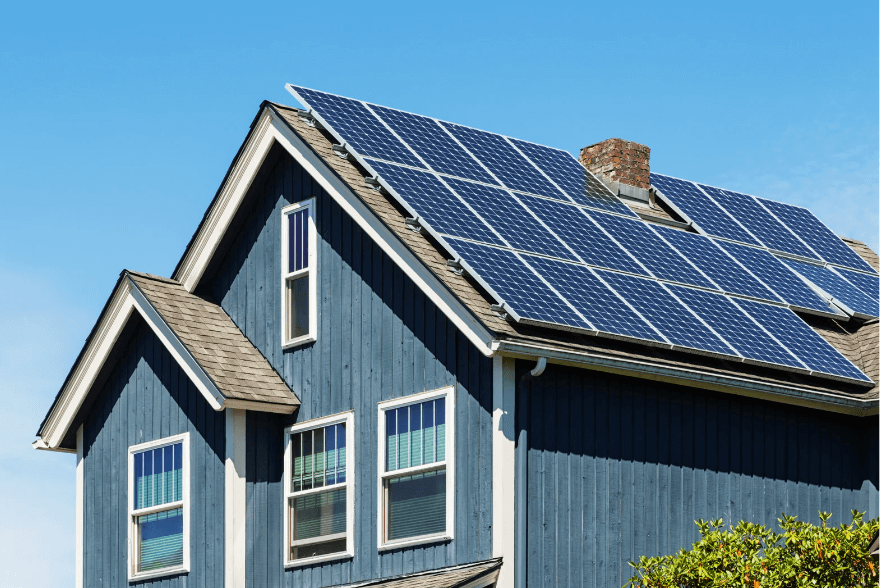
Texas’ solar potential is the main reason
Lots of sunshine
Texas is among the top US states for solar potential because of its high number of sunny days. Cities like Austin, San Antonio, Dallas and El Paso benefit from more than 200 sunny days per year, providing ideal conditions for solar panel efficiency.
This high solar insolation means that Texas solar panels can generate more electricity than states with fewer sunny days, which translates into greater energy production and higher cost savings for homeowners.
Different climatic conditions
The large size of Texas means that it encompasses a variety of climatic conditions, from the dry west to the humid east.
Although solar panels are most effective in areas with lots of direct sunlight, advances in solar technology have enabled them to generate electricity even on cloudy days.
In Texas, where weather patterns can vary, solar panels can produce energy year-round, albeit at different levels.
Ideal location for solar farms
Beyond individual homeowners, Texas has large-scale solar farms due to its vast land availability and open skies.
These solar farms contribute to the state’s energy grid, helping to diversify Texas’ energy sources beyond its traditional reliance on oil and natural gas.
This widespread adoption of solar energy creates a positive feedback loop, making it more attractive for homeowners to adopt solar panels, as the state continues to invest in renewable energy infrastructure.
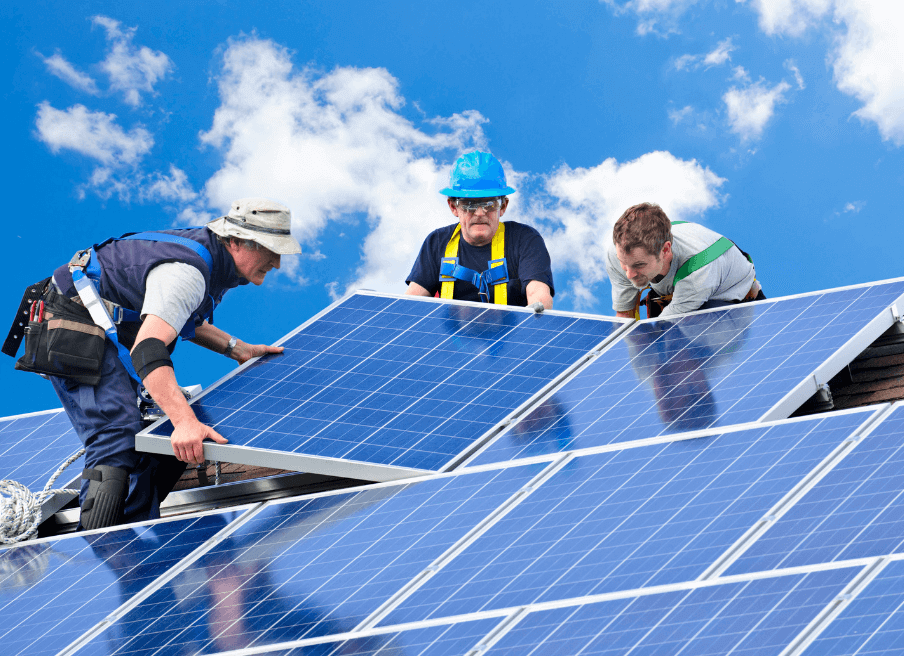
Texas solar panels have financial benefits
Bill amount
One of the most austere reasons for setting up a solar panel is a large volume or reverse support. Texas has relatively high electricity rates for many citizens, especially because of the freedom of regulation where demand prices can fluctuate. Ownership installing solar panels can reduce their equity over the utility, allowing them to power.
With the help of a proper automated system, utilities can generate enough energy to meet their electricity needs, if not more.
This can save hundreds or even thousands of dollars per year on system specifications and member energy costs.
For example, a 6-kilowatt (kW) system, a typical system installation for a residential system, can save customers between $600 and $1,200 annually, depending on their electricity rate and energy consumption pattern.
Increase in hotel prices
Solar panels are an investment that can pay off through increased home value through energy savings alone. Studies have shown that homes with solar energy systems are used more socially than comparable homes without solar.
According to the National Renewable Energy Laboratory’s (NRL) alternative, solar energy can pay $20 per household saved on electricity bills. For an account that saves $1,000 in electricity per year, that can rightfully add $20,000 to the resale value of their home.
Also, with the growing awareness of renewable energy, many hostels are looking for places that have these solar panels installed, as it saves them less initial investment and provides energy bills from day one. This makes real estate solar-equipped homes more attractive.
Incentives and rebates available
While the initial cost of solar panels may be a deterrent for some, Texas homeowners can take advantage of various incentives and rebates that help lower the upfront cost. These incentives include:
Federal Solar Investment Tax Credit (ITC): The ITC allows homeowners to deduct a percentage of the cost of installing a solar energy system from their federal taxes.
For systems installed in 2024, that percentage is 26%, but will drop to 22% in subsequent years unless Congress extends it. This tax credit can significantly reduce the net cost of a solar system, making it an important incentive for homeowners to act sooner.
Local Rebates: Some Texas municipalities and utility companies offer rebates to encourage solar adoption.
These rebates vary by region and utility provider, but they can reduce installation costs by several thousand dollars.
Net Metering Program: Net metering allows homeowners to earn credits for excess electricity their solar panels generate and feed back into the grid.
These credits can offset future electricity costs, reducing overall energy bills. Although Texas does not have a state-mandated net metering program, many utility companies offer variations of this program, so it’s worth checking with local providers for specific policies.
Low maintenance and long lifespan
Solar panels require minimal maintenance, which contributes to their long-term financial benefits. Most residential solar panels come with a 20 to 25 year warranty, ensuring that they continue to produce electricity efficiently for decades.
Maintenance usually involves periodic cleaning to remove dust and debris and occasional inspections to make sure all components are working properly. With proper care, the panels can provide free electricity long after the initial investment is recovered.
Solar energy has environmental benefits

Reduction of carbon footprint
Texas is historically known for its oil and gas production, which contributes to significant carbon emissions. However, shifting to renewable energy sources like solar can help reduce the state’s overall carbon footprint.
Solar panels generate electricity without emitting greenhouse gases, making them a cleaner alternative to fossil fuels.
Each kilowatt-hour (kWh) of solar energy produced can offset about 0.9 pounds of carbon dioxide emissions.
For a typical 6 kW residential solar system that produces 8,000 to 10,000 kWh annually, this means a reduction of about 7,200 to 9,000 pounds of CO2 per year. Over the lifetime of the system, this can be equivalent to reducing carbon emissions by planting hundreds of trees or driving thousands of miles.
Reduction of air and water pollution
Traditional energy sources such as coal and natural gas are not only carbon-intensive but also contribute to air and water pollution through their extraction, processing and combustion. Solar energy, on the other hand, produces electricity without polluting the air or water.
By going solar, Texas homeowners can help improve local air quality, reduce water use and contribute to a cleaner environment.
Supporting Texas’ renewable energy transition
As the state continues to invest in renewable energy infrastructure, including solar and wind power, individual homeowners who install solar panels are contributing to a larger shift toward sustainability.
This transition is critical to ensuring a resilient energy future for Texas, especially in light of challenges such as extreme weather events that can disrupt traditional energy sources.
Overcoming Solar Panel Challenges in Texas
Initial investment cost
The upfront cost of solar panel installation is one of the biggest concerns for homeowners. However, with federal tax credits, local rebates, and various financing options like solar loans and leasing, the initial investment becomes more accessible. Additionally, the declining cost of solar technology over the past decade has made it more affordable than ever.
Variability and intermittency of weather
Although Texas is known for its sunshine, weather patterns can still be unpredictable, affecting the consistency of solar energy production. For example, cloudy days or periods of heavy rainfall can reduce the amount of sunlight reaching the panel.
However, this challenge can be mitigated with battery storage systems that store excess energy produced on sunny days for use during cloudy periods or at night. Battery storage can also provide backup power during grid outages, providing additional power security.
Regulatory variation across utility providers
In Texas’ deregulated energy market, net metering policies and incentives can vary significantly among utility providers. Some homeowners may find that their local utility does not offer net metering, making it difficult to maximize the benefits of their solar investment. It is essential for homeowners to research their local utility policies and consider consulting with a solar installer familiar with their area’s regulatory environment.
Long-Term Outlook for Solar in Texas

Increasing energy consumption
Electricity rates in Texas are rising due to a number of factors, including rising demand and infrastructure costs. By investing in solar panels now, homeowners can lock in lower energy costs and protect themselves from future price increases. As electricity prices continue to rise, the savings from solar power will only become more significant.
Technological progress
The solar industry is constantly evolving with improvements in panel efficiency, inverter technology, and energy storage solutions. These advances mean that modern solar systems are more efficient and effective than ever before, allowing homeowners to produce more energy with fewer panels. As technology continues to improve, the cost of solar installations is expected to drop further, making it a more attractive investment in the coming years.
Growing demand for clean energy
As concerns about climate change and energy security grow, the demand for clean energy solutions like solar power is increasing. This trend is supported by both consumers and policymakers who recognize the need to transition away from fossil fuels.
In Texas, the renewable energy sector has become a significant part of the state’s economy, providing jobs and driving innovation. Homeowners who invest in solar today are aligning with this broader movement toward sustainability.
So solar panels are a very valuable investment for Texas homeowners, providing financial savings, environmental benefits and increased energy independence. Lots of sunshine, rising electricity rates, and a variety of incentives available, Texas conditions



